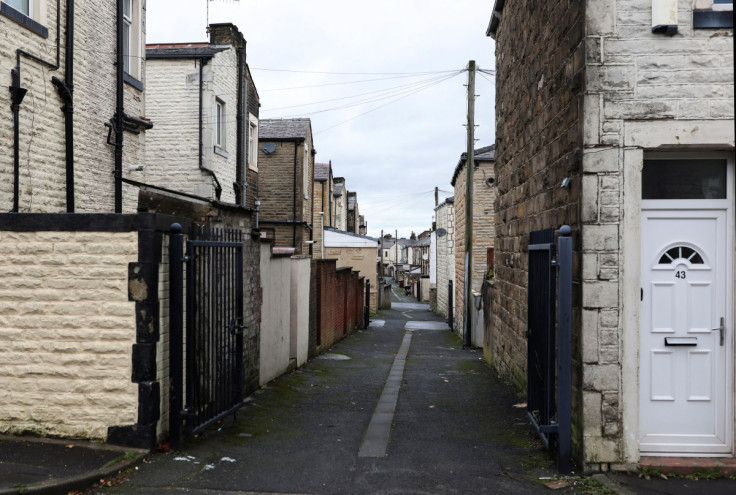Industry bodies unite to oppose proposed Infrastructure Levy
Thirty industry bodies, including housebuilders, housing associations, and charities, oppose the proposed Infrastructure Levy, warning it threatens affordable housing and infrastructure development in England.

Thirty industry bodies, representing a wide range of stakeholders including housebuilders, housing associations, local councils, charities and planners, have united in a collective plea to the government, urging them to abandon their proposed Infrastructure Levy.
The industry bodies, which include influential organisations such as the National Housing Federation, the Home Builders Federation, the Construction Industry Council, the Royal Town Planning Institute, Build UK and Shelter, have signed an open letter addressed to the housing secretary, Michael Gove.
The letter emphatically calls on Mr Gove to reconsider the government's proposed reforms, citing concerns that the implementation of the Infrastructure Levy would ultimately lead to a decrease in the construction of affordable homes, a reduction in infrastructure development, and a threat to housing projects across various regions in England. Instead, the letter advocates for a reform of the existing developer contributions system.
The proposed Infrastructure Levy aims to replace the current Section 106 affordable housing contributions and the Community Infrastructure Levy (CIL). Under the new system, local councils would have the authority to demand a proportion of the financial contribution from a development project in the form of an effective subsidy, rather than on-site affordable housing. The existing Section 106 and CIL mechanism currently generates approximately £7 billion annually.
The letter raises concerns that the proposed reforms could result in a decline in funding for affordable and social rent homes, as well as a diminished legal obligation for developers to include such housing. In fact, Section 106 was responsible for delivering 47 per cent of all affordable homes constructed last year. The signatories express their firm stance against reforms that would potentially leave communities with fewer social and affordable homes, unbalanced developments, and inadequate infrastructure.
The letter also highlights the likelihood of ongoing difficulties similar to those experienced with the current Section 106 and CIL mechanisms, even after the adoption of the new system. It remains uncertain whether the Infrastructure Levy would adequately support the economic viability of projects, protect the delivery of affordable and social rent homes, and generate sufficient funding for the necessary community infrastructure.
The reforms could make it even more challenging for local leaders and communities to benefit from new developments, ultimately creating prolonged uncertainty within the planning system.
Furthermore, the signatories argue that while the proposed model may be suitable for greenfield sites, it could render many brownfield sites unfeasible. This perpetuates regional inequalities and introduces additional barriers to housing delivery, further exacerbating the acute housing crisis already faced.
Roger Gough, housing and planning spokesperson for the County Councils Network, expresses concern over the potential consequences of the Infrastructure Levy. He warns that it could result in reduced funding for vital infrastructure, fewer affordable homes being delivered, and jeopardise the viability of development.
Gough emphasises the importance of ensuring sufficient infrastructure to alleviate local pressures, foster sustainable communities, and maximise home construction. He suggests that rather than introducing a new system that adds uncertainty to an already imperfect one, the government should focus on strengthening the current Section 106 and CIL mechanisms.
Recent weeks have seen additional expressions of concern from the National Housing Federation and the Chartered Institute of Housing regarding the potential impact of the proposed levy on the delivery of affordable housing.
In response, a spokesperson from the Department for Levelling Up, Housing and Communities asserts the government's recognition of the public's desire for housing developments that include essential infrastructure such as medical facilities, schools and transportation links. They assure the public that the government is diligently reviewing the responses to the consultation on the new Infrastructure Levy and will provide a considered response in due course. They also emphasise the gradual implementation of any changes to ensure optimal outcomes.
The collective plea from these thirty industry bodies underscores the importance of addressing concerns surrounding the proposed Infrastructure Levy and highlights the need for a comprehensive approach to affordable housing and infrastructure development in England.
© Copyright IBTimes 2025. All rights reserved.






















